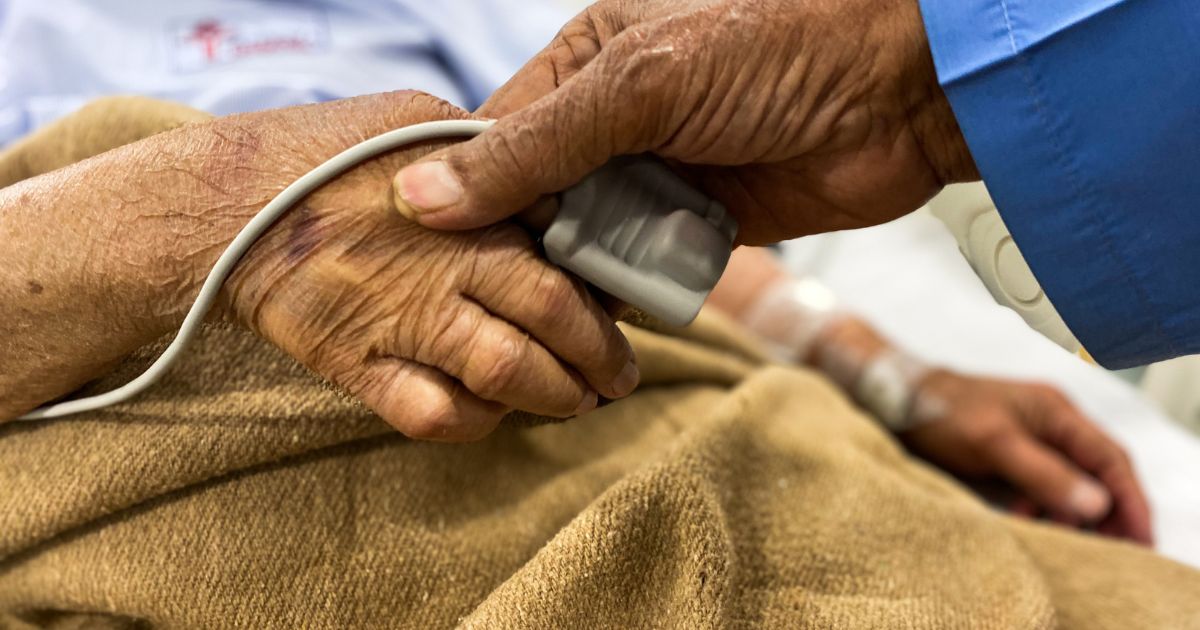As the first session of the Health and Social Care Committee’s assisted suicide inquiry begins tomorrow, MPs will hear from a panel of academics, none of whom oppose the legalisation of assisted suicide, raising concerns of bias.
Tomorrow, MPs will hear oral evidence on assisted suicide from peers and academics as part of an inquiry into the matter.
Academic bias in favour of assisted suicide
One of the academics, Dr Alexandra Mullock, who has written extensively about assisted suicide, wrote her PhD thesis in 2011 arguing that “the law on assisting in suicide should be redrafted in order to facilitate a… system within which terminally-ill, mentally competent adults might be permitted… to obtain assistance in suicide within the jurisdiction.” More recently, she has participated in a debate for the UK Clinical Ethics Network arguing in favour of making physician-assisted suicide legal.
The second academic, Dr Naomi Richards of Glasgow University, has spoken at a conference of the pro-assisted suicide group “Friends at the End”. In an article ‘Old age rational suicide’, Dr Richards implies she thinks suicide in the elderly can be a rational choice.
The final academic, Professor Nancy Preston, Professor of Supportive and Palliative Care at the University of Lancaster, though she has stated that she tries to remain neutral about the legalisation of assisted suicide, seems to think its legalisation is inevitable. She said “With the question of introducing assisted-dying legislation in Britain being when – not if – it happens…”.
It is not clear at the time of writing whether MPs will be hearing from other academic witnesses who oppose assisted suicide.
Right To Life UK spokesperson Catherine Robinson said “There seems to be a clear bias in favour of speakers supportive of, or open to, assisted suicide. It does not bode well for the rest of this inquiry when the opening event does not have a single academic explicitly opposed to assisted suicide. As the inquiry continues, MPs must hear from academics and other experts able to make the case against assisted suicide. Introducing assisted suicide in England and Wales will be very dangerous for those who are vulnerable and will place a significant burden on doctors who will be the ones expected to be involved in the deaths of their patients.”












